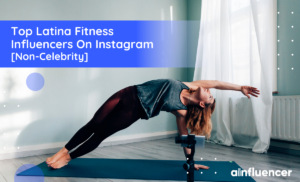Brand marketing is a concept created by combining two commonly used words that entrepreneurs and marketers use a lot. Like the name suggests, it involves marketing your brand.
But actually doing so can be surprisingly tricky and understanding the differences and similarities between branding, marketing, and brand marketing strategy matters a great deal.
So in this guide, we’ll go over the definition of brand marketing and how it differs from branding and marketing. We’ve also included a handy guide to help you make an awesome branding and marketing strategy.
Branding Vs. Marketing
Let’s start with the following scenario: you have a product and a hundred thousand dollars. A common strategy is to break it into two parts: 30% on branding and 70% on marketing. But why is this?
· Branding
Despite the common belief that branding is only your logo design and tagline, strategies for branding are about maintaining your business’ image and values. Through branding methods, you build up your brand’s identity, personality, and what you want to convey about your business to the public.
Branding should not be taken lightly. Once you’ve branded yourself as a certain thing or business, it is very hard to change that. Strategic branding means setting yourself up as a positive figure in the eyes of your consumer.
· Marketing
While branding is your identity, marketing is much more fluid. It is everything you do and the actions you take to increase brand awareness. Marketing has evolved over the last few years from newspapers, flyers, and billboards to Google Ads and influencer marketing.
Brand building strategies are the primary building blocks of your branding and marketing strategy. A brand strategy has to be established to make marketing possible.
If your company was Coca-Cola, your branding could be about “Coke’s secret recipe,” and your marketing would be everything you do to entice customers to try your soda, such as using TV and radio commercials, billboards, social media ads, and campaigns like #ShareaCoke.
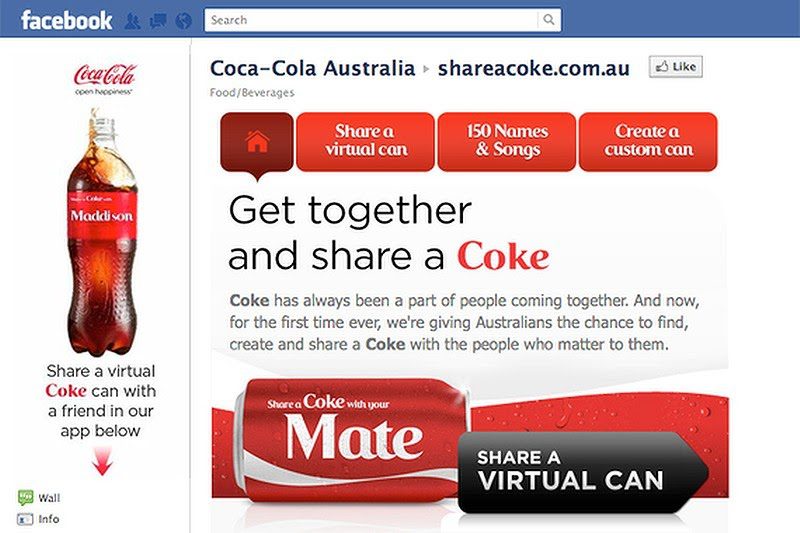
What Is a Brand Marketing Strategy?
Now that brand marketing makes a bit more sense, a brand marketing strategy is a brand development strategy that helps you promote your product or service while also promoting your brand as a whole (literally marketing the brand).
What sets brand marketing apart from other forms of marketing is that it is a never-ending process that must be practiced regularly and should include a bunch of different approaches and tactics. It can be tough to measure your brand marketing strategy because it is often related to how your consumers feel. But if sales and outreach are up, you can be pretty confident that your plan is working.
What Are the 5 Most Effective Brand Marketing Strategies?
Even a small business should have a brand marketing strategy in place. One day, your company might not be so small because of it.
So, we’ve included a breakdown of the steps involved in making an excellent branding and marketing strategy.
1. Set up your brand marketing strategy
You can get started on building your brand marketing strategy with the following tactics:
#1 Influencer Marketing
Influencer marketing is a new and necessary tool in any brand marketing strategy. Brand engagement from influencer marketing drastically outpaces organic searches, paid searches, and email marketing and is currently the fastest-growing channel for businesses. Studies show that for every $1 spent on influencer marketing, businesses make $5.20 on average.
Despite all the benefits of influencer marketing, you can’t just sit back and wait for your campaign to succeed. And because you may be relatively new in your industry, you may not know many influencers related to your niche, which is where you’ll need help.
Ainfluencer is an influencer marketplace that makes working with influencers as simple as possible. Brands can sign up on Ainfluencer for free, create a marketplace, and begin their influencer marketing campaigns.
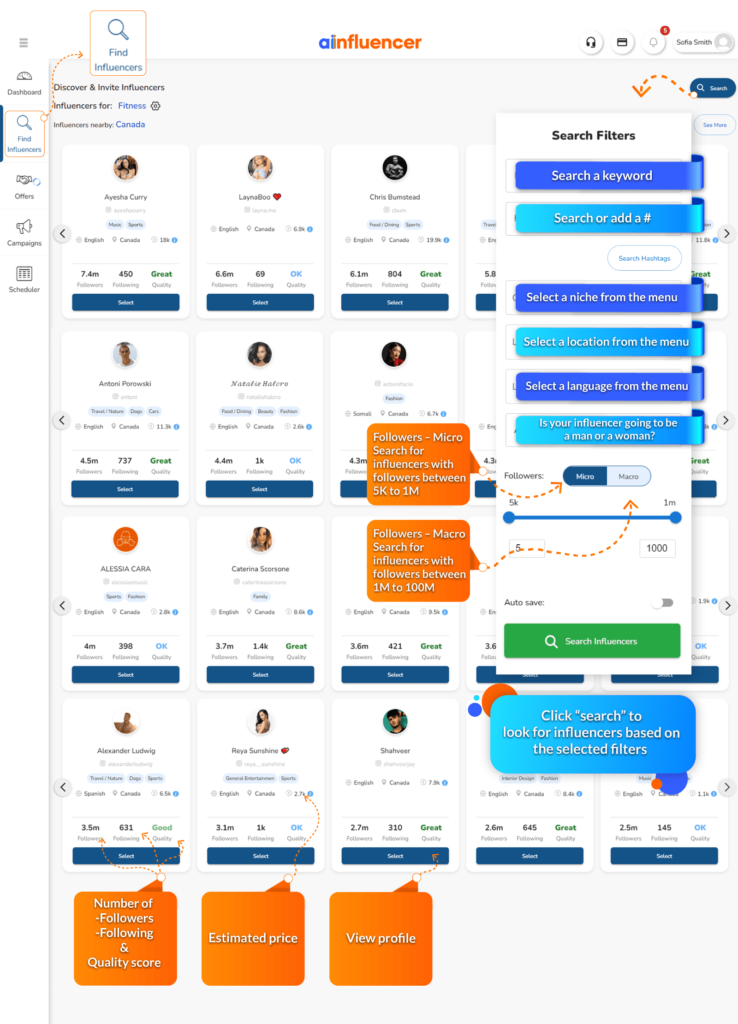
Check out this video to see how you can create marketplace ads on Ainfluencer.
#2 Social media marketing
Social media marketing is undeniably a must for every digital inbound marketing strategy. Successful digital marketing campaigns can increase your brand awareness and increase the number of visitors to your website. Get on social media and promote consistent content using hashtags and after a while, people will start flocking to you.
#3 Social/Paid advertising
Social media platforms now prioritize ads over organic posts. This is how social media platforms make money while also growing your brand’s reach.
Pinterest, Facebook, and Instagram are the leading paid ad platforms with the highest ROI. Their algorithms can help you reach a larger audience.
Other digital advertising, such as native advertising, Google advertisements, Google shopping, banner ads, and so on, can help you outperform your competitors by attracting new leads and retaining current consumers.
#4 Email Marketing
Surprisingly, email marketing continues to have one of the highest ROIs of all the digital marketing channels and platforms. As a result, 89 percent of marketers use emails as their major lead generation method.
2. Understand Your Brand Purpose
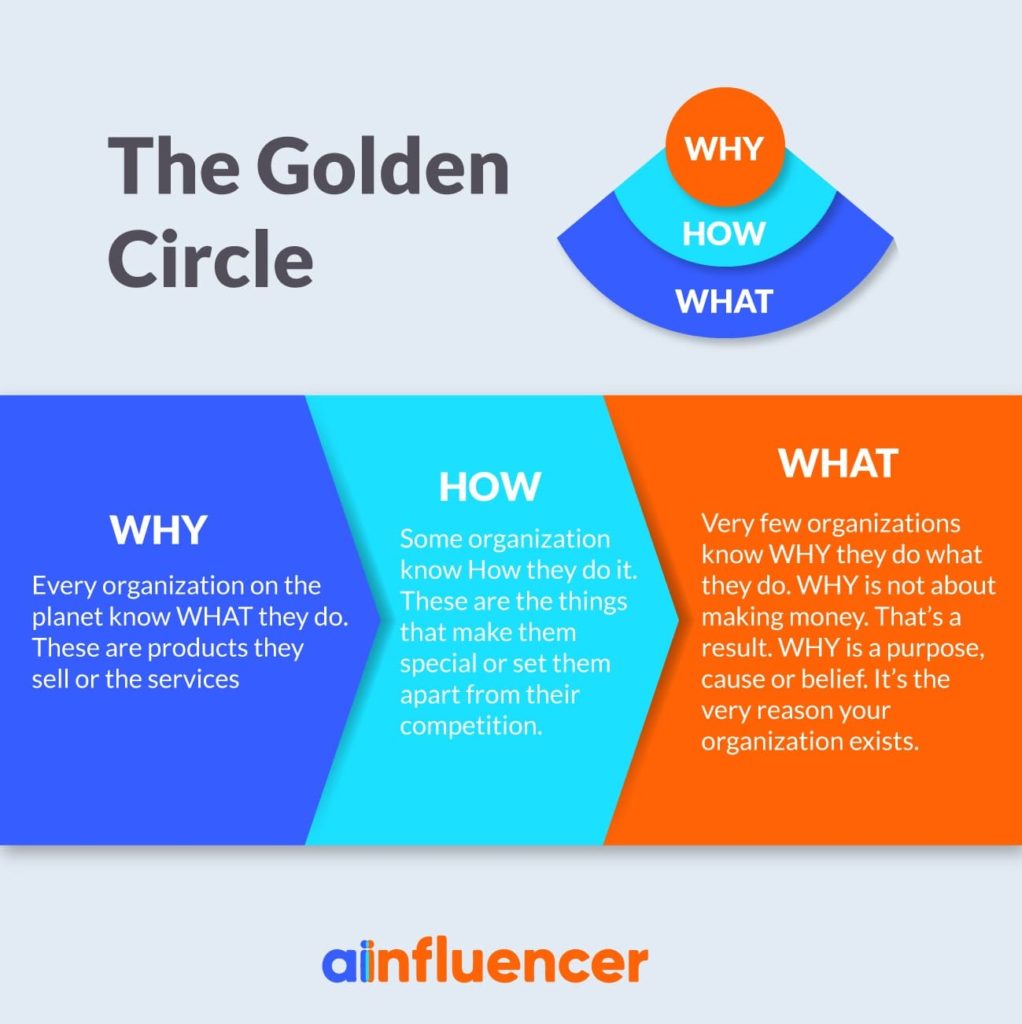
A good brand marketing strategy should include objective goals that you can progressively cross off. To do that, you must carefully consider where you want your company to be in the short, mid, and long term.
You should also ask yourself the following questions:
• What separates you from others?
• What is the main problem that your business solves?
• Why should people care about your business over others?
It’s important to really get to the bottom of why you are doing what you’re doing. This way, you’ll know which decisions help you grow and which don’t.
3. Develop Your Buyer Persona
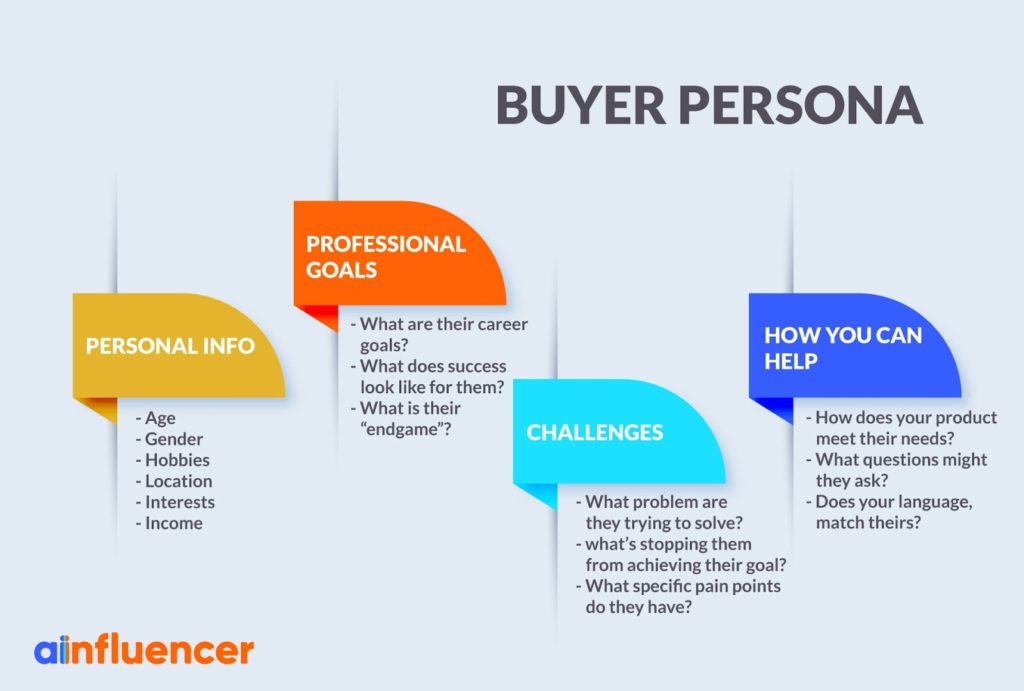
Figure out who your buyer is for your branding and marketing strategy so that you can accurately market your products. This is why it is important to create a buyer persona. A buyer persona is a detailed portrait of your ideal customer that helps you establish an emotional bond with your audience. When creating your buyer persona, consider the following questions:
• How old are your customers generally?
• Which gender are you targeting specifically?
• Where do your customers live?
• How much money do they have to spend on your products?
• What’s their educational background likely to be?
If you don’t know your potential clients, you won’t be able to meet their needs, and you’ll eventually lose them. In addition, because your customers’ demands may change over time, it’s vital to keep analyzing the customer journey while also addressing current customer challenges.
4. Identify Your Competitors and Your Unique Selling Proposition (USP)
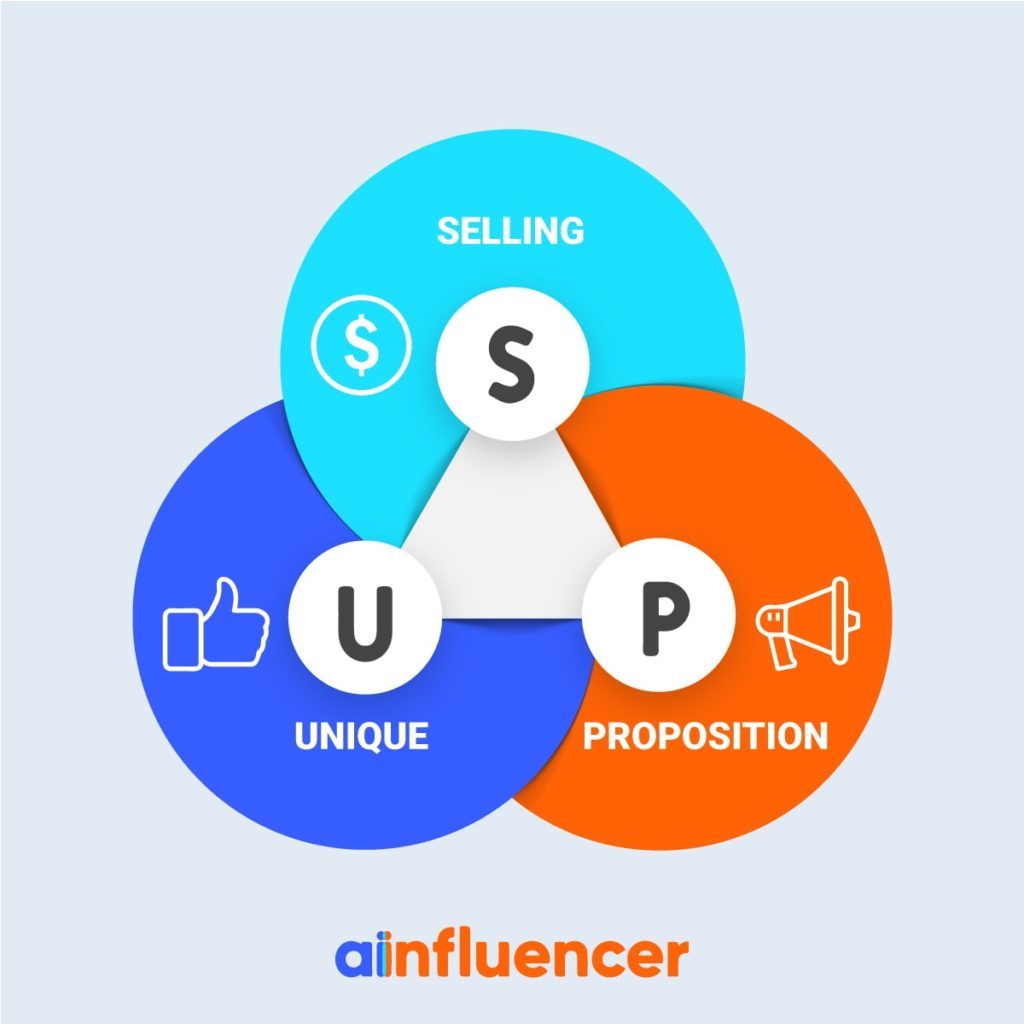
It’s important to know how your brand is doing relative to others – that’s where competitor analysis comes in.
The first step in your competitor analysis is to find all the companies that offer similar products and services to you. Then, list them in order of how similar they are to your own company. Businesses at the top of this list are the ones you should watch out for.
Your USP is the feature that distinguishes your company from the competition. Maybe you’re the cheapest brand on the market, or maybe you are the most ethical. Maybe you’ve left an impression with your unique flyer printing and engaging with potential customers face to face on the street. Whatever it is, figure it out and highlight it. To do that, start by answering the following questions:
• What features of your products and services do you enjoy the most?
• What unique abilities or knowledge do you have?
• What makes your customer choose your product over that of your competitors?
• What are the advantages of buying your products or services for your customers?
• When you describe your company to strangers, what features do you usually emphasize?
5. Develop Your Name, Logo, and Tagline
Once you’re done figuring out your brand and who your target audience and your competitors are, it’s time to think about how to connect to them in your marketing. Your name, logo, tone, tagline, and everything else you’ve put out for your audience are all wrapped up in your creative brand guidelines. These things don’t form your brand but are an aspect of your brand identity. Establish a strong brand identity for your audience so that when they see your logo — or even just something related to your business — the only thing that pops up in their mind is you.
To ensure that your logo and tagline stay constant with your brand’s identity, let the designers and marketers you work with know about your brand’s story and how you want your message to be delivered. Make sure to do some A/B testing to see which designs are the best received and be sure to get a lot of feedback.
Final Thoughts
Hopefully, you now know how to implement a successful brand marketing strategy, and why it’s important to make a brand marketing strategy. With this knowledge, you’ll be prepared to launch a long-term brand marketing strategy that will help cement your company in your audience’s minds. Remember to keep track of your goals and get ready to watch your brand take off.
A brand development strategy is a series of plans that help you achieve long-term goals and generate mainstream awareness for your company.
1- Understand your brand purpose
2- Develop your buyer persona
3- Identify Your Competitors and Your Unique Selling Proposition (USP)
4- Develop Your Name, Logo, and Tagline
5- Define Your Marketing Avenues



![Read more about the article 30 Best Australian Fitness Influencers On Instagram [2024]](https://blog.ainfluencer.com/wp-content/uploads/2022/05/Best_Australian_Fitness_Influencers_On_Instagram_To_Grow_Your_Brand-300x182.png)



